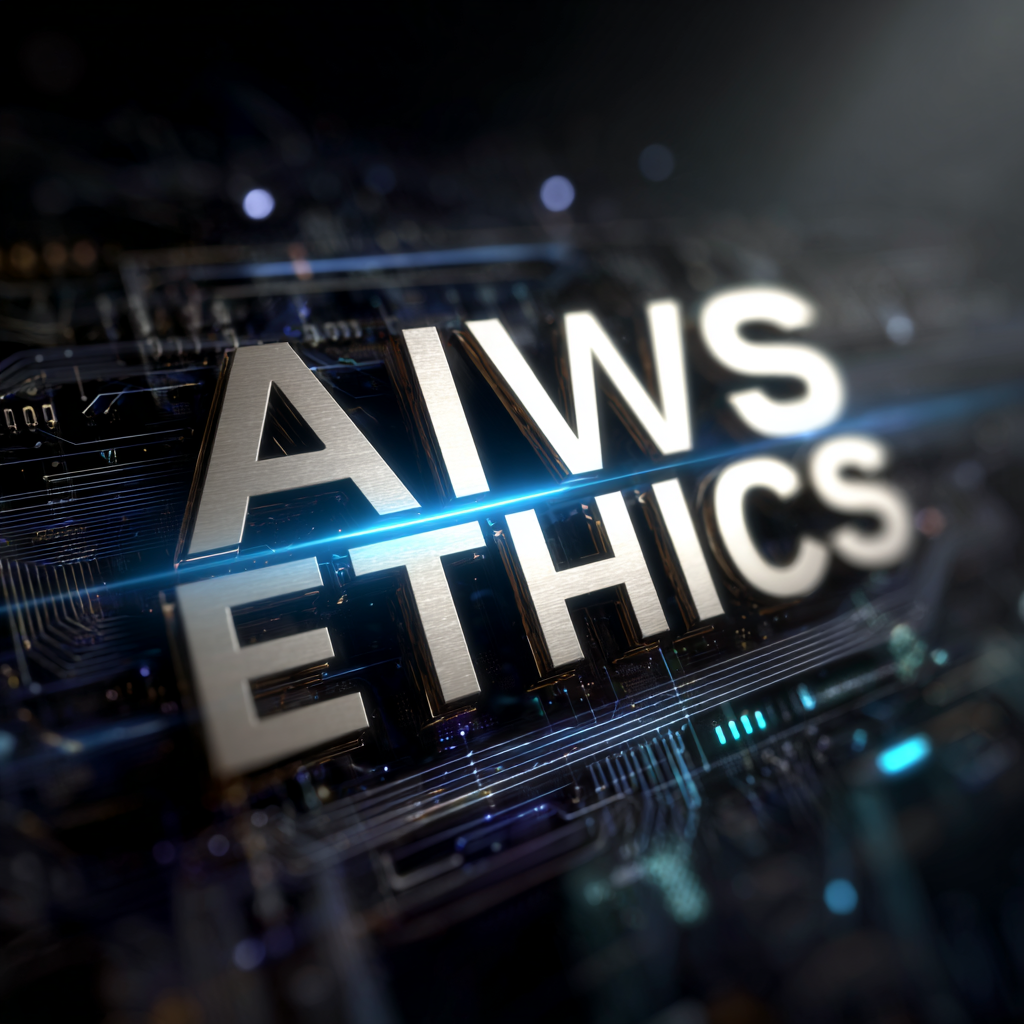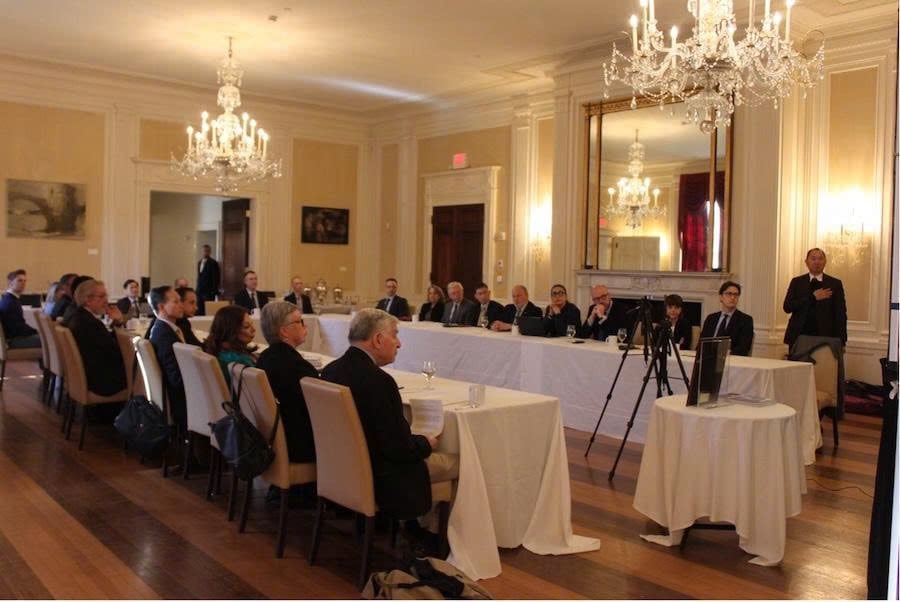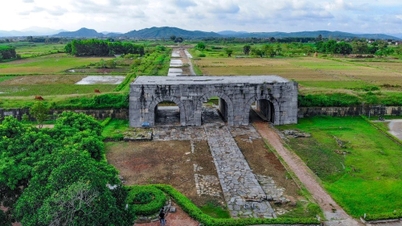A challenging call to action: teach AI what is right and wrong, and how to make the technology a transparent, accountable, and common-benefit tool.

When ethics becomes the "second brain" of AI
While the excitement surrounding AIWS Angel was still spreading, the AI Contest 2025 organizing committee quickly announced the second theme - AIWS Ethics, marking a shift from "AI as a companion" to "AI as a responsible partner".

While the first challenge encouraged contestants to create "technological angels" that would help people learn, innovate, and care for their health, AIWS Ethics takes the challenge to a higher level: designing and developing a tool to assess ethical values in the construction and use of AI. The goal is not only to create a useful product, but also to guide AI development in the right direction – transparent, responsible, and for the common good of humanity.
The entries can be innovative ideas with groundbreaking applications, or simple, accessible, educational software, applications, or evaluation systems that can be scaled up within the community. This is fertile ground for humanistic innovation – where technology and ethics go hand in hand.
Why was "Ethics" chosen at this time?
Never before has humanity needed to talk so much about ethics in technology. As artificial intelligence emerges from the lab and enters real life, big questions arise: Can AI be biased? Can it infringe on privacy? Or can it make wrong, even harmful, decisions?
A study by the Annenberg Media Center (USA) shows that over 70% of global users are concerned that AI will be misused or used without ethical oversight. According to UNESCO, international organizations are working to develop global ethical frameworks for AI, such as the “Ethical Impact Assessment (EIA)” and the “Recommendation on the Ethics of AI” framework, to measure the social and humanitarian impact of the technology.
However, most of these tools are still geared towards large corporations or research institutions. Young people, students, and startups – those who are dynamic, creative, and close to users – lack accessible and user-friendly tools to assess and disseminate ethical standards in AI. And that is precisely the gap that AIWS Ethics aims to fill.
From technology to conscience: the difference AIWS Ethics makes
While previous seasons of the AI Contest focused on applications and technical breakthroughs, AIWS Ethics is an invitation to look deeper into the "inner workings" of technology. Here, the question is no longer "What can AI do?" but rather "What should AI do - and what shouldn't it do?"
This topic requires participants to not only understand programming and algorithms, but also to be able to ask ethical questions, engage in social critique, and design with a humanistic perspective. A programmer could become a "gatekeeper" for AI ethics; an educator could create tools for teaching technological ethics; a startup team could develop an application to assess the transparency of chatbots or an image creation tool.
It is in this process that AIWS Ethics opens up a very special creative space – where data meets philosophy, algorithms meet compassion.
From the spirit of the theme, countless creative directions can be envisioned: an application to help students understand fairness in AI; a community website allowing for the evaluation of the “morality scores” of popular AI tools; a chatbot that can pose hypothetical ethical scenarios and analyze user decisions; or software to test machine learning models to detect data bias.
These innovations are not just about technology, but also about education – raising ethical awareness of AI within the community. Each product is a small brick in building a culture of "responsible AI."
The journey of "sowing seeds of conscience" for artificial intelligence.
That quote is also the soul of this year's theme: AI needs not only big data, but also a big heart.
With AIWS Ethics, the AI Contest 2025 organizers hope to create a wave of responsible innovation, where young people not only want to make AI stronger, but also want to make AI better. This theme goes beyond technological products, encompassing a journey of building culture: a culture of ethics in the age of machine learning.
The competition invites not only programmers, but also educators, artists, social researchers—anyone interested in how technology shapes the human world .
A call from the future
The AI Contest 2025 is opening a new chapter – where each idea is judged not only on performance, but also on responsibility. The theme, AIWS Ethics, is a reminder that if artificial intelligence can learn to think, then humans must teach it to live with kindness.
And who knows, perhaps this competition will lead a group of Vietnamese students to create the first AI ethics assessment tool for the global community – a "Make in Vietnam" product that is both intelligent and ethical.
(Source: VLAB Innovation)
Source: https://vietnamnet.vn/ai-contest-2025-aiws-ethics-hanh-trinh-gieo-hat-luong-tam-cho-ai-2449711.html





![[Photo] Prime Minister Pham Minh Chinh presides over a meeting on private sector economic development.](/_next/image?url=https%3A%2F%2Fvphoto.vietnam.vn%2Fthumb%2F1200x675%2Fvietnam%2Fresource%2FIMAGE%2F2025%2F12%2F20%2F1766237501876_thiet-ke-chua-co-ten-40-png.webp&w=3840&q=75)









































































































Comment (0)